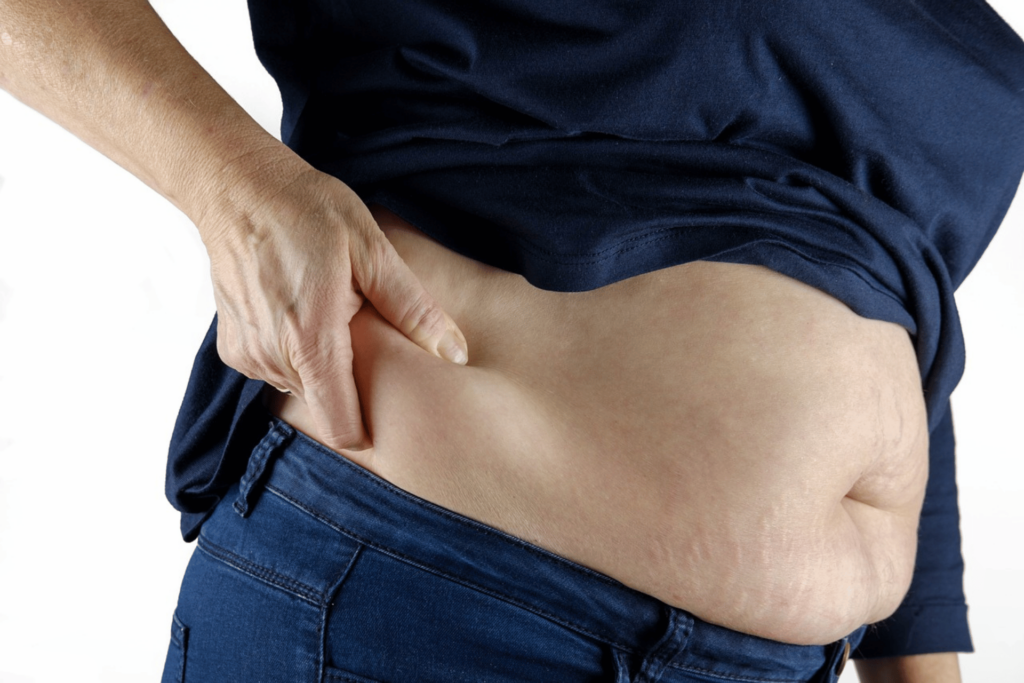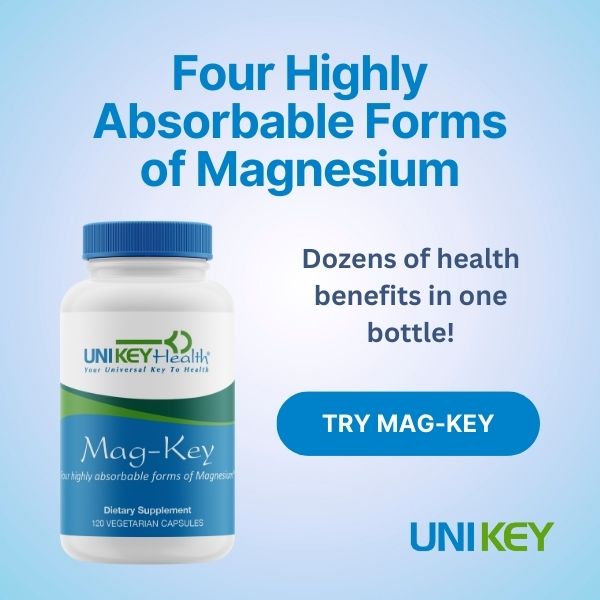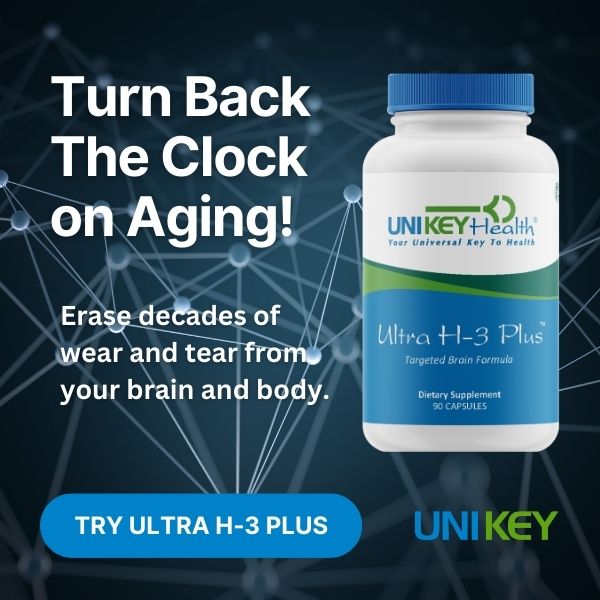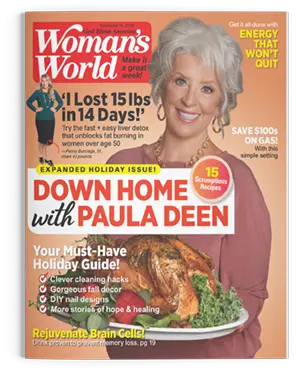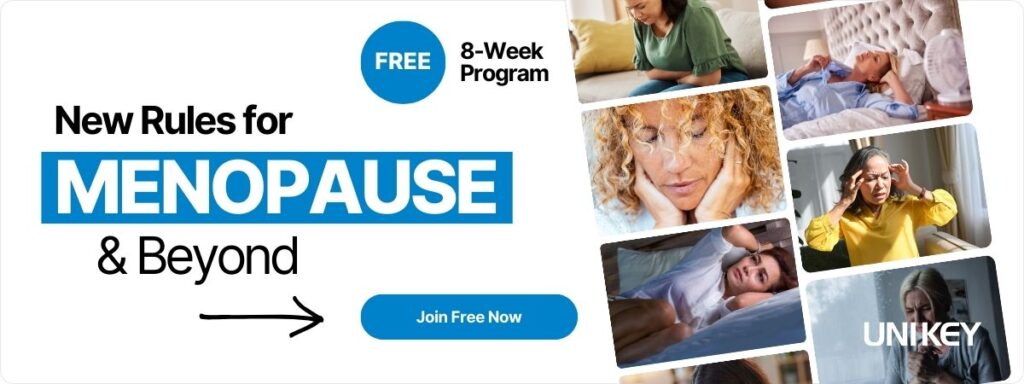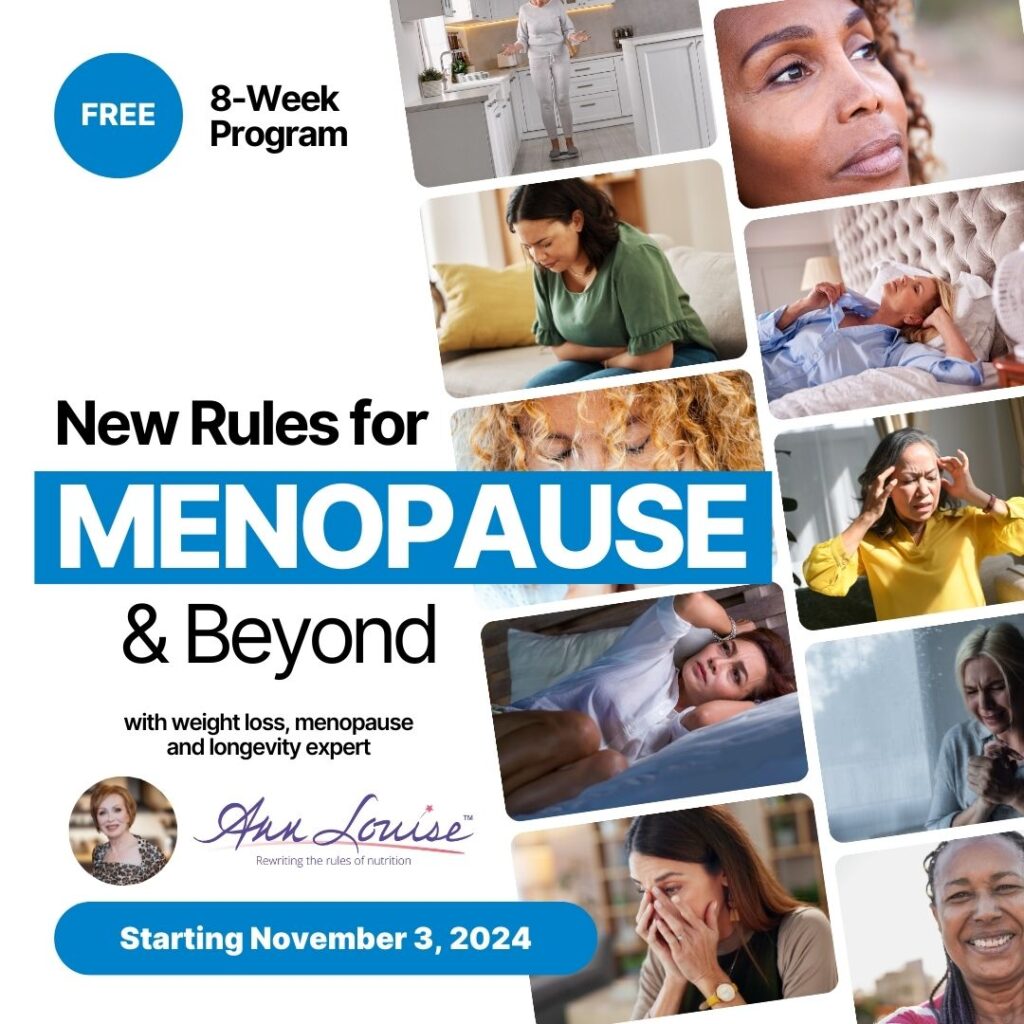 A lack of zinc in your diet may be making you aggressive.
A lack of zinc in your diet may be making you aggressive.
Several years ago I ran across a fascinating article in Psychology Today which focused on the origin of violent behavior. Was it nature or nutrition? Could the underlying cause be in one’s upbringing or in their genes? Or just maybe it could be some type of nutritional imbalance.
Taking the nutritional stance was William Walsh, Ph.D. and his team at the Health Research Institute in Illinois. Walsh and his colleagues published a study in Physiology & Behavior (1997) where they compared the results of blood tests given to 135 “assaultive” young males—who were between 3 and 20 years of age—to those of 18 in the control group without any history of violence. The results were staggering: The violent males had higher copper and lower zinc levels than the control group. The higher the copper and lower the zinc, the more aggressive and violent the behavior.
When the aggressive young males were treated with therapeutic doses of zinc, their aggressive episodes were substantially lessened.
Wow!
The truth is that I have found zinc to be a major deficiency among individuals of all ages and stages of life. A lack of zinc is not just affecting young males who were the focus of Walsh’s study. I find low zinc/high copper ratios epidemic among females—especially those who suffer from frontal headaches, acne, eczema, cirrhosis, heavy menstrual flow, constipation, weight gain, food cravings, mood swings, fatigue, depression, and yeast infections.
What causes a zinc deficiency to develop?
First and foremost, stress. The next most common cause is a diet rich in sugar and processed carbs. Uh oh. After that, comes vegetarian, vegan, and raw food diets that make heavy use of copper-rich nuts and seeds as a primary source of protein. Medications can ax zinc, too. For instance, antidepressants, diuretics, and anti-inflammatory meds—which suppress your body’s absorption of zinc—speed its excretion or interfere with synergistic nutrients, such as vitamin B6 and magnesium. Alcohol is another cause of zinc deficiency by increasing the excretion of the mineral through the kidneys. Grains, especially those in unleavened bread, have high levels of phytates. The phytic acid in such food binds with zinc and makes it impossible for your body to absorb it. High fiber diets also cause a deficit.
Taking a Tissue Mineral Analysis of hair samples is an excellent way to easily measure the zinc content in your body over time. Food sources for zinc include red meat, eggs, and pumpkin seeds. Vegetarians should definitely consider taking zinc supplements. There are many different supplements on the market, but my personal pick is Zinc Plus—which also contains methionine, a very important sulfur based amino acid that helps to remove heavy metals from the body. Walsh found that very low levels of zinc seem to involve a malfunctioning of methionine. You can order Zinc Plus by calling UNI KEY at (800) 888-4353.
The take home message: Think Zinc—at least 25-50 mg per day—which will also keep your immune system in tip-top shape to ward off viruses, build strong bones, and increase progesterone levels naturally—so important for PMS suffers and menopausal women. We can all benefit from extra zinc.




